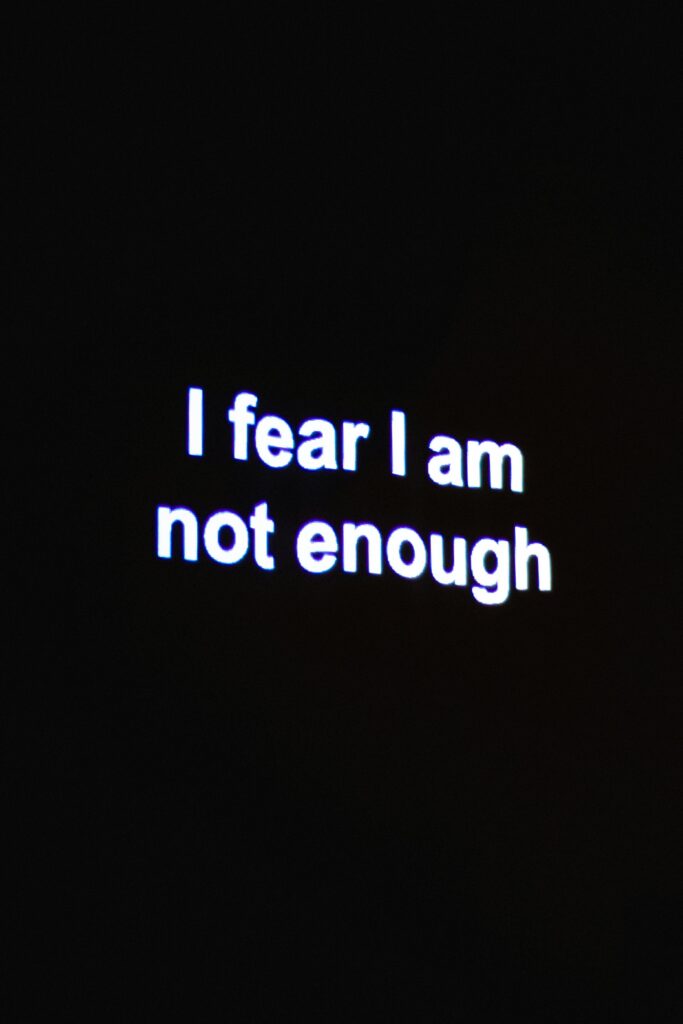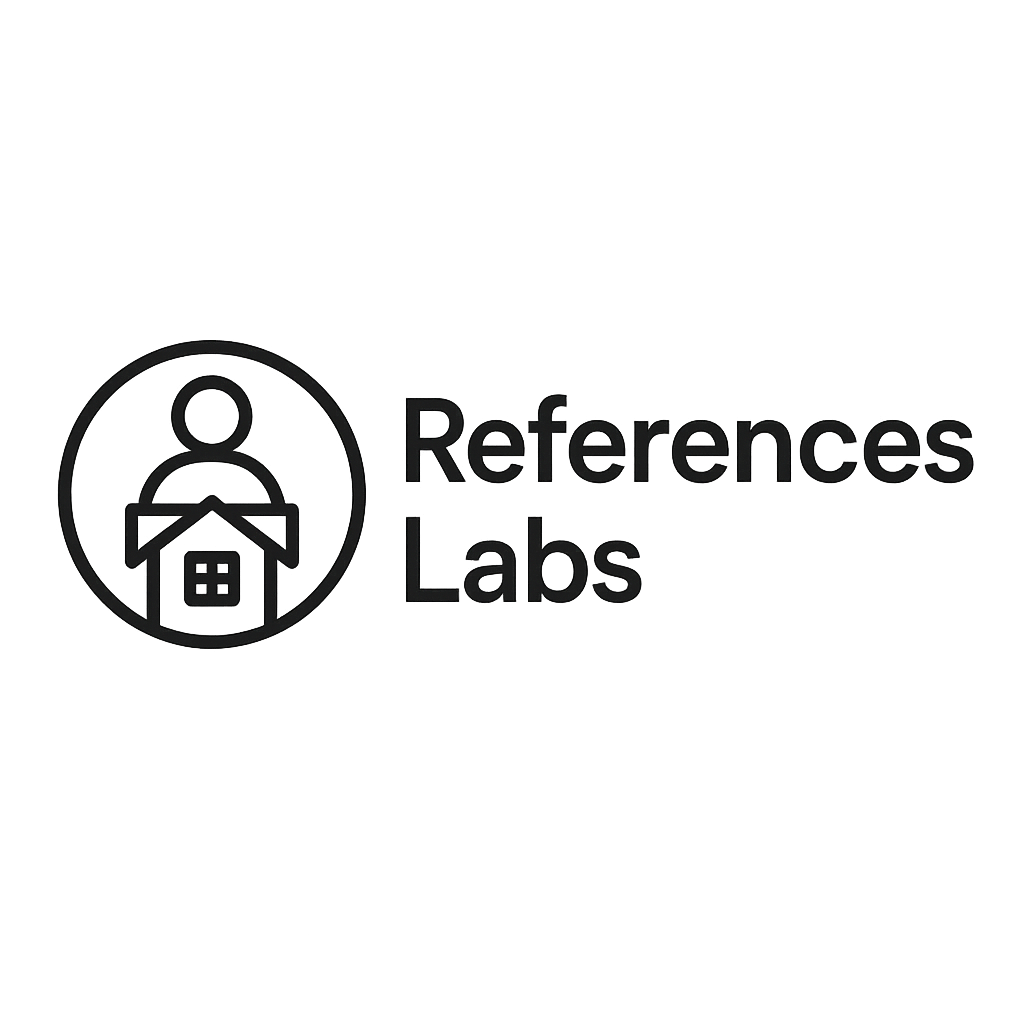I personally find that when I say „yes“ too often, I begin to neglect my own needs and feel drained, both physically and emotionally. Learning to say „no“ is not only a form of self-care but a vital skill for maintaining balance in life. This article will explore why setting boundaries is essential and how you can say „no“ without feeling guilty.
- Why We Struggle to Say No
- The Importance of Setting Boundaries
- How to Say No Without Feeling Guilty
- Overcoming the Guilt of Saying No
- Conclusion
Why We Struggle to Say No
Saying „no“ can be surprisingly difficult, even when we know it’s in our best interest. The struggle often comes from deep-rooted societal expectations, psychological factors, and fear of conflict. Many of us feel an obligation to be helpful, to maintain harmony, or to avoid disappointing others. But what exactly makes saying „no“ so challenging?
- Societal Expectations
In many cultures, we are socialized to be accommodating and selfless. From a young age, we are often praised for being “helpful” or “giving,” which reinforces the idea that we should always say “yes” to others. As adults, we often internalize these values and continue to prioritize others’ needs over our own. Studies have shown that people who consistently put others‘ needs first often experience higher levels of stress and burnout. This can lead to a cycle where we continually say „yes“ to avoid guilt, but end up feeling overwhelmed and resentful.
A study published in Psychological Science revealed that people who have difficulty saying “no” often struggle with assertiveness. This is linked to a lower sense of self-worth and a higher fear of social rejection. The study also found that those who struggle with assertiveness are more likely to experience anxiety and stress when faced with decisions that require them to set boundaries.
- Fear of Conflict and Rejection
One of the most powerful reasons people avoid saying „no“ is the fear of conflict or rejection. Humans are social beings, and historically, we have relied on group cohesion for survival. As a result, our brains are wired to avoid actions that might alienate others, even if it means sacrificing our own well-being. This fear of rejection is deeply ingrained and can be traced back to evolutionary psychology, where being ostracized from the group could have dire consequences.
A 2013 study in The Journal of Experimental Social Psychology showed that individuals who are afraid of rejection are more likely to overcommit themselves. This happens because they want to maintain social approval and avoid conflict, even if it comes at a personal cost. This fear of rejection makes saying „no“ feel like a threat to our relationships, even though, in most cases, others would be understanding.
- The Desire for Approval
At a deeper psychological level, many of us struggle with saying „no“ because we fear losing approval from others. The desire to be liked and accepted is a natural human instinct, but it can lead us to overextend ourselves. Saying „yes“ becomes a way of gaining validation and reinforcing our sense of belonging.
In The Journal of Personality and Social Psychology, a study on self-esteem and people-pleasing behavior found that individuals with lower self-esteem tend to say “yes” more often. This is because they rely on external validation to feel good about themselves. When we base our self-worth on others’ opinions, it becomes difficult to assert ourselves and set boundaries.
- The Fear of Feeling Selfish
Another barrier to saying „no“ is the perception that it might be seen as selfish. We often equate saying „no“ with being rude, unkind, or inconsiderate, even when our own well-being is at risk. However, what many people fail to realize is that saying „no“ isn’t an act of selfishness—it’s an act of self-respect. By protecting our time and energy, we ensure that we can give our best selves to the people and tasks that truly matter.
A 2008 study published in The Journal of Social and Clinical Psychology examined the relationship between guilt and boundary-setting. The researchers found that people who set clear boundaries were less likely to experience chronic guilt. This suggests that learning to say „no“ without guilt can actually improve our emotional well-being and allow us to be more generous and supportive in the long run.
The Importance of Setting Boundaries
Setting boundaries is essential for our emotional and mental well-being. Boundaries help protect our time, energy, and resources, allowing us to prioritize what truly matters to us. They enable us to say „yes“ to things that align with our goals and values, while saying „no“ to those that don’t. By setting clear boundaries, we create healthier relationships with others and ourselves.
I’ve learned that having boundaries in place actually improves my relationships. When I respect my own limits, I feel more energized and present when I do say „yes“ to others. Whether in personal or professional situations, boundaries provide a clear framework for interacting with others in a way that honors both parties‘ needs. Without boundaries, we risk burning out and becoming resentful.

How to Say No Without Feeling Guilty
Saying „no“ doesn’t have to be difficult or guilt-inducing. The key is to be honest, direct, and respectful. Here are some tips on how to say „no“ without feeling bad about it:
- Be honest and direct: Don’t feel the need to justify your decision excessively. Simply saying, „I’m unable to take this on right now,“ is often enough.
- Use a positive phrasing: Instead of a flat „no,“ try, „I can’t commit to this at the moment, but I appreciate you thinking of me.“
- Mind your body language and tone: Non-verbal cues matter. Maintain open and respectful body language, and speak with kindness, not defensiveness.
- Prioritize your needs: For example, „I need to focus on another project right now, so I can’t take this on.“
- Be respectful but firm: Saying „no“ doesn’t mean being rude. You can acknowledge the request while standing your ground.
For me, practicing saying „no“ has been about shifting my mindset—realizing that being clear about my boundaries is not a sign of disrespect, but of self-respect. The more I practice, the more confident I feel in communicating my needs.
Overcoming the Guilt of Saying No

One of the biggest barriers to setting boundaries is guilt. We often feel bad for saying „no,“ fearing that we’re disappointing others or letting them down. However, the truth is that this guilt is often unwarranted. Most people will understand and respect your decision once you communicate it clearly.
I used to feel a lot of guilt whenever I turned someone down, but over time, I’ve realized that by saying „no,“ I’m actually respecting both my own needs and the needs of others. When I say „yes“ out of guilt, I end up resenting the situation, which doesn’t help anyone. I’ve learned that it’s important to reflect on my own needs and remind myself that setting boundaries is a form of self-care, not selfishness.
If you struggle with guilt, I suggest you focus on the positive outcomes of saying „no.“ You’re making space for what truly matters to you and protecting your well-being. Over time, this practice will help reduce the guilt associated with saying „no.“
Conclusion
Setting boundaries and saying „no“ is an act of self-respect. It’s about honoring your time, energy, and emotional well-being. Saying „no“ doesn’t make you a bad person—it makes you a person who values and protects their own needs. In fact, it’s the healthiest way to maintain fulfilling relationships, avoid burnout, and live a balanced life.I encourage you to start today by setting one clear boundary—whether it’s at work, with a friend, or within your family. By doing so, you’ll start to feel the freedom that comes with owning your time and energy. Remember:
You don’t have to say „yes“ to everything. Saying „no“ is just as important.







